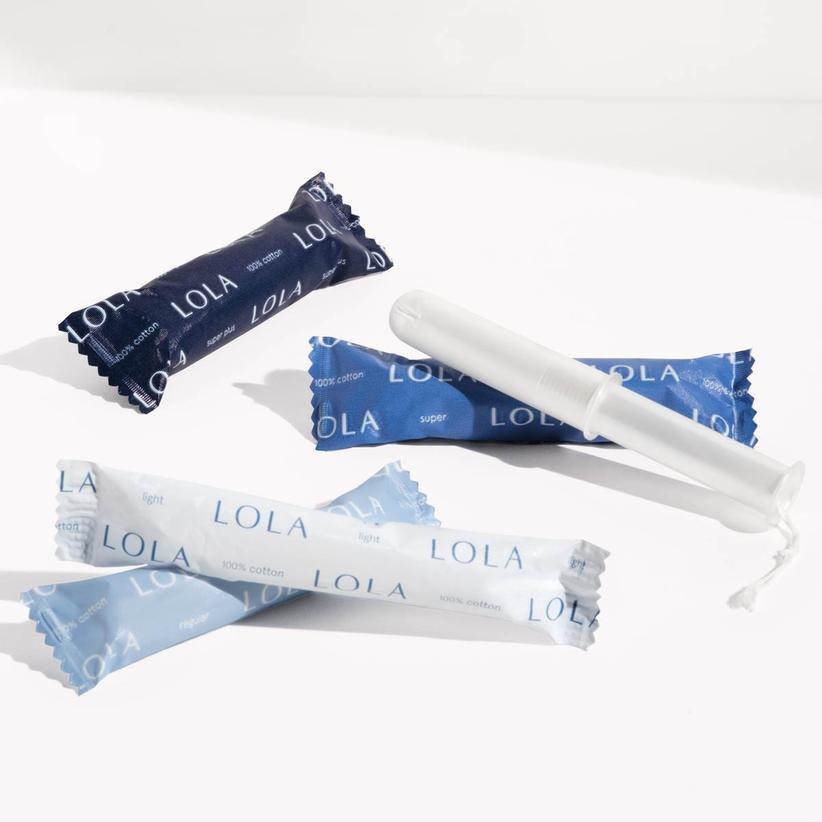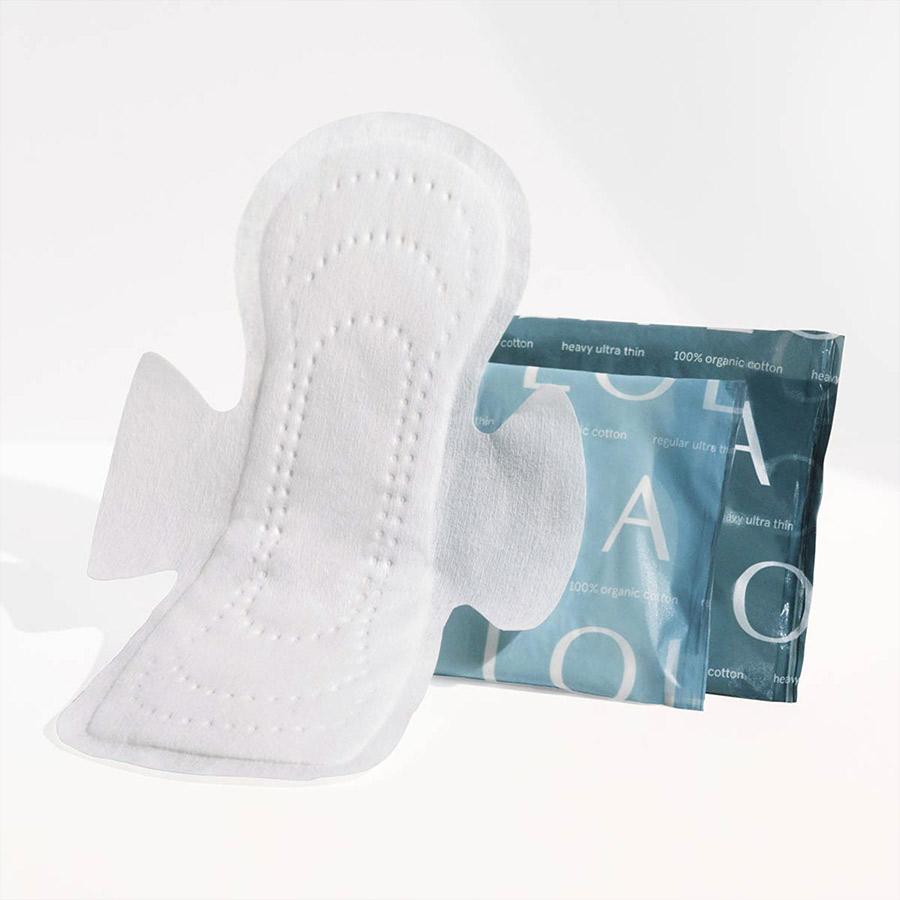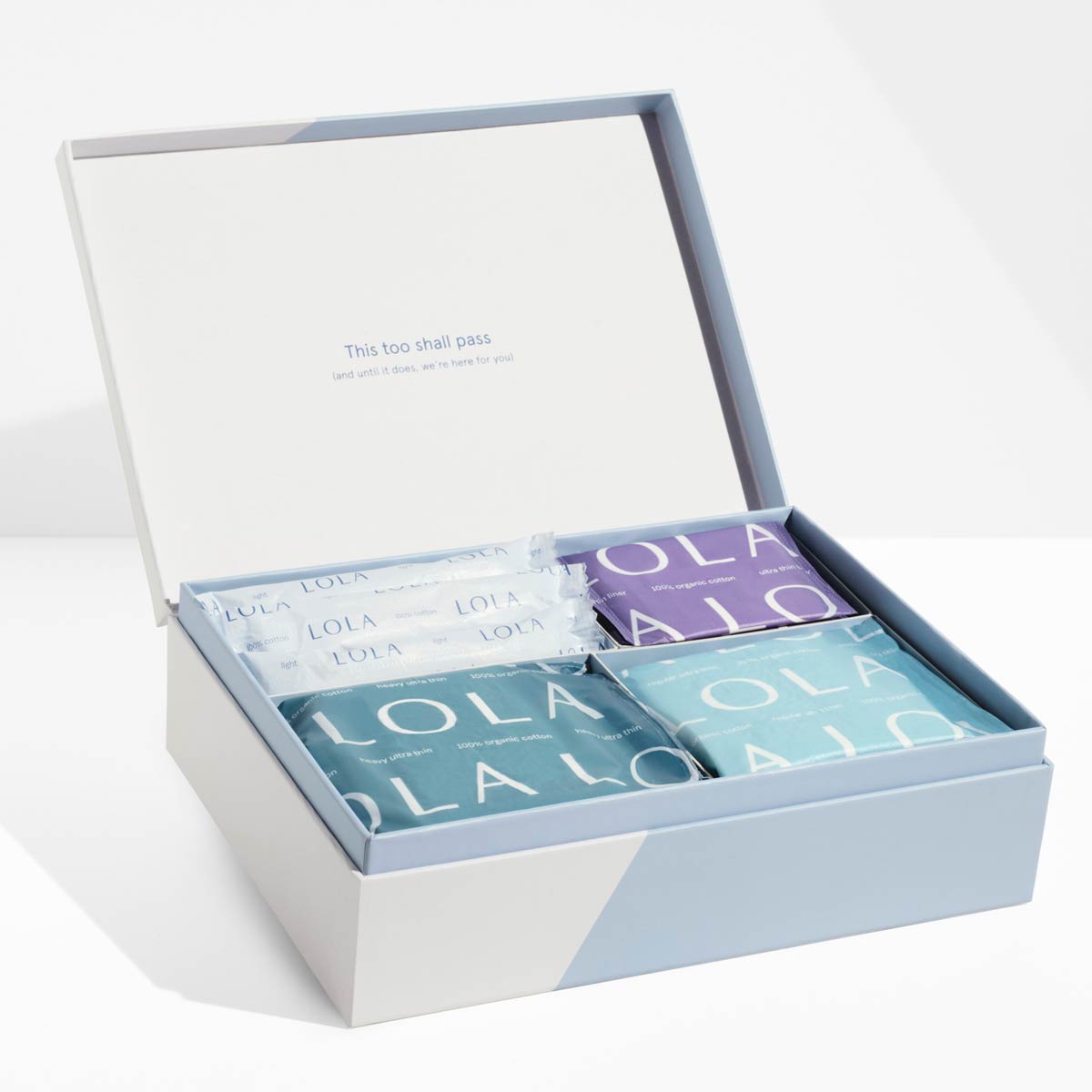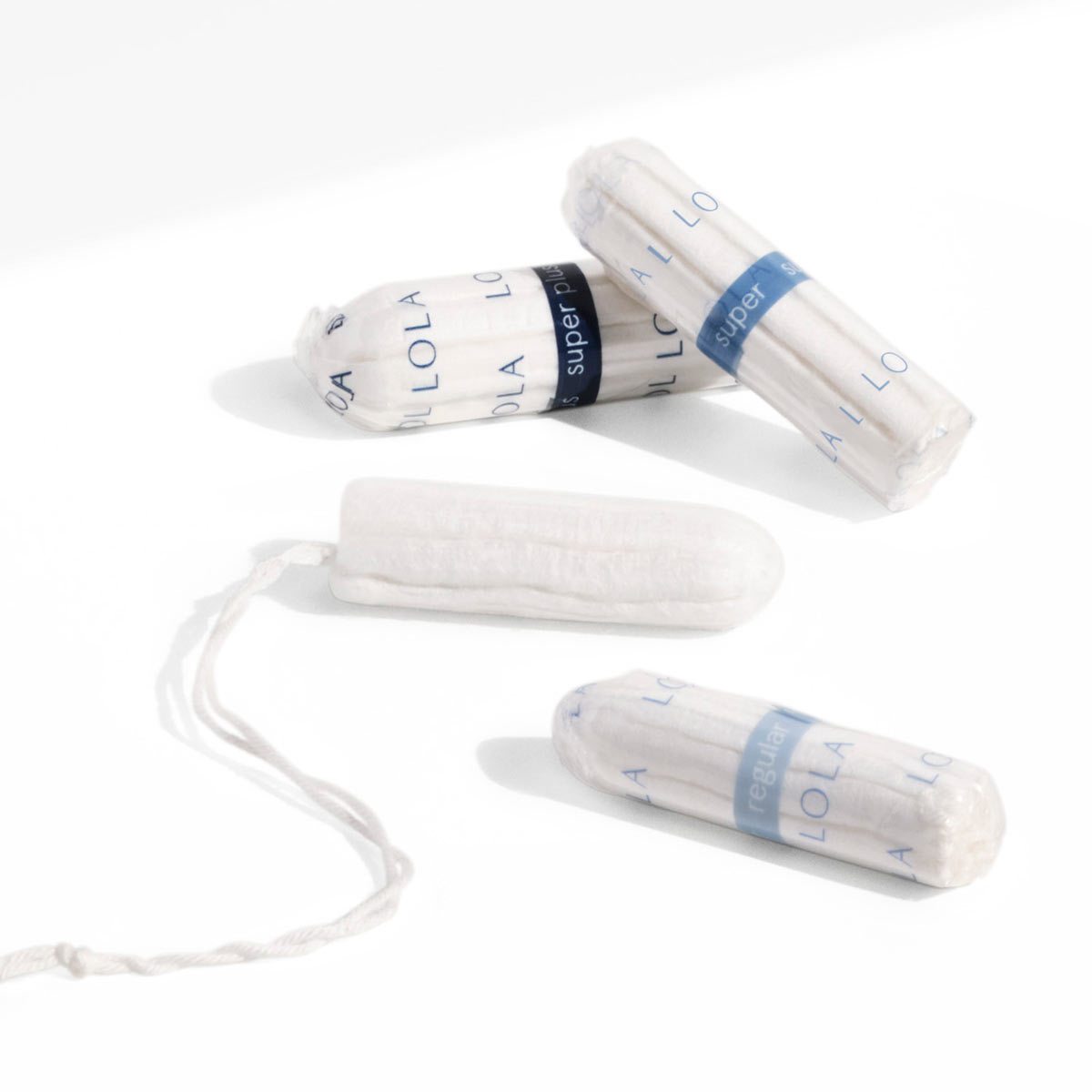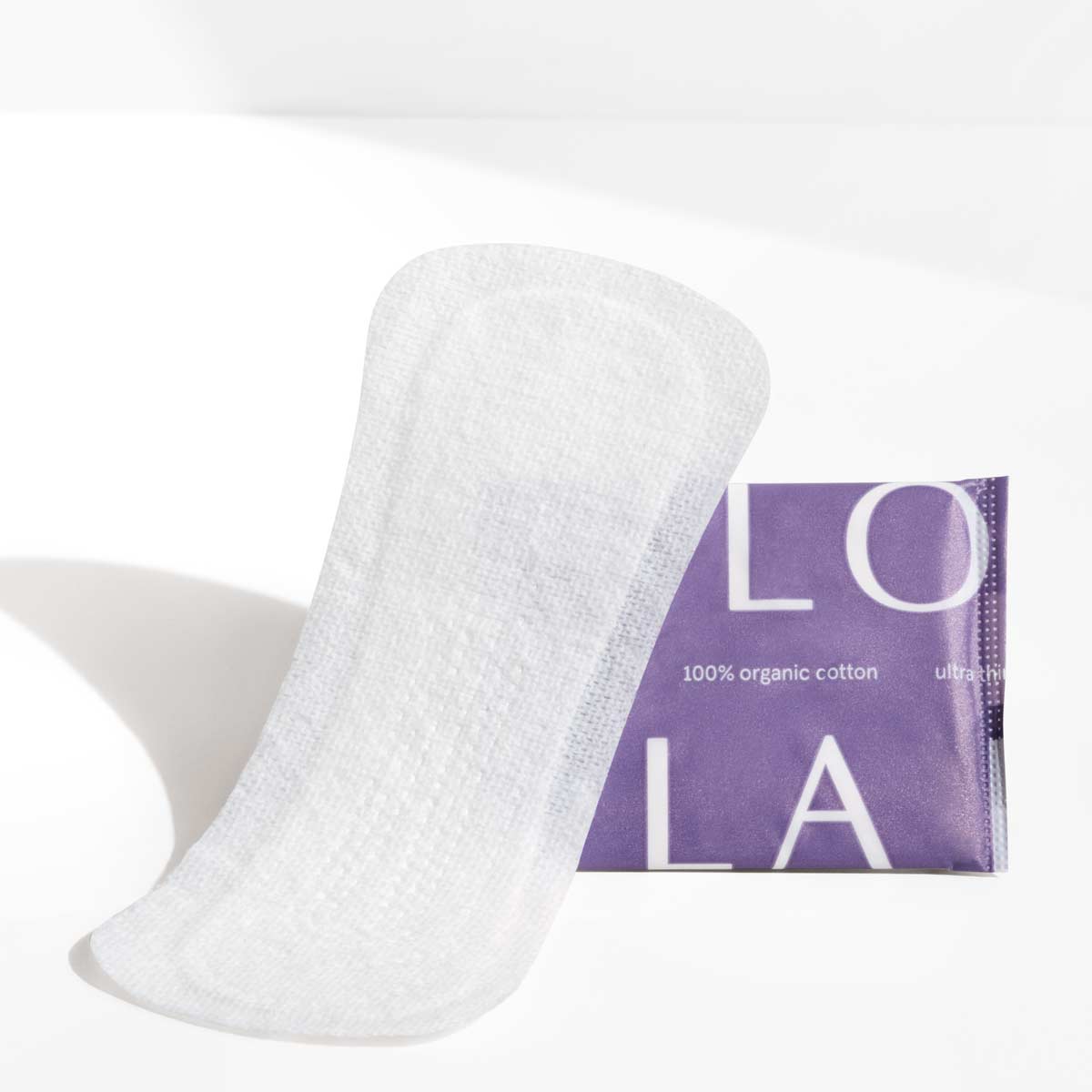The decision to change your name after getting married isn't always as simple as saying "I do." In today's stormy social climate, it's difficult to overlook the seemingly antiquated nature of this tradition. However, one study suggests that an overwhelming majority of Americans (70 percent) still believe that a woman should take her husband's last name, and nearly half of those people believe it should be mandated by law. But what if we took the men out of the picture for a moment and focus on what women think; would the outcome be the same?
Before we dive in, let's look at the history. America inherited this matrimonial tradition from the British. In England, last names, in general, weren't much of a thing until about 1,000 years ago. Surnames were a French import that the Brits adopted after the Norman Conquest. The Normans also imported the legal concept of coverture, which dictated that, upon marriage, a woman became her husband's property. She, in fact, had no surname. As one court in 1340 explained, "When a woman took a husband, she lost every surname except "˜wife of.'" How very Handmaid's Tale.
One hundred years later, the Brits put a scriptural spin on things and chose to focus on the concept of marital unity. At weddings, clerics began giving once-nameless women their husband's surnames as a symbol of that unity, and the tradition stuck. Still, married women couldn't vote or hold property, making them more or less legally invisible.
There's no denying the deeply sexist history of this tradition, but does that history make the modern-day practice inherently sexist too? Perhaps this tradition has indeed managed to shed its gendered toxicity and come to represent nothing more than the unity between two married people. For the married women I spoke with who did change their names, they certainly seem to think so.
"I think there's something nice about becoming one family unit, but it's completely an individual decision," says Lillian*, 35. "For me, it's really a matter of convenience." Lillian says she may have given the decision a bit more thought if she had a professional reason to keep her maiden name, but does add that it was "a bit weird" to use her new last name. "[It was] almost like I was an imposter or something. I guess that was to be expected, but it was still a funny feeling. Also, learning [and] getting used to a new signature was bizarre," she says. While Lillian doesn't regret her choice one bit, she did note that the paperwork can be quite burdensome.
Gemma*, 27, also took her husband's last name when she got married this summer. "I can understand why people feel that it's un-feminist, but I don't think it is," says the new bride. "Changing my name has nothing to do with my opinion on men or women " I think it's a fun and exciting part of joining two people and creating a family together." Gemma says she actually looked forward to this part of her marriage, playfully noting that it "helped that I like his last name."
Josie, 30, says she "can't wait" to take her husband-to-be's surname; it's French, and she's eager to take on that je ne sais quoi. "I would sound like a French philosopher," she jokes. And while Josie is admittedly not on board for "90 percent of traditional marriage shit," to her, taking her fiancé's name falls in the other 10 percent. "The idea of not taking his name is ridiculous to me. I want the world to know we're a family unit, and I want his family to know I take his Jewish heritage seriously," she says.
Josie's story also comes with an unexpected twist. For her, taking her husband's surname would symbolically relieve her of strained familial ties of her own. "Honestly, I wouldn't want him to take my last name. I've managed to separate myself fully from my biological family and don't want the mental baggage there," she explains.
On the other end of the spectrum, there are a host of women who oppose the tradition. "I don't want to. It feels like being owned," says Lizzie, a 27-year-old single woman, of her choice. "In fact, I actually [would] take it a step further and want my man to take my name. It's a possessive thing. Probably not the most healthy, but that's my problem." Channing, 30, agrees. "I would never change my last name!," she ways. However, in the event that Channing were to have children, her position might waiver slightly. "I'm fine with our children having his, since I've never planned for them to take mine."
For some women, their last name isn't just about personal identity but ethnic visibility as well. Anna, 46, says, "I didn't want to lose my identity, history, or ethnicity by changing my name " Anna is of Greek descent. I never had an issue with it or with my son having a different surname. His friends just learned what my name is."
Compromise is alway an option of course. Cody, 32, says, "I would either keep my own or consider hyphenating. Taking the dude's feels outdated for me " plus I like my last name." There's also the option to forgo given last names all together. "I'm actually planning on changing my last name when my father dies, since most last names throughout the world are paternal," says Jay, 25. "I've never thought there was anything feminist about keeping your dad's last name. And your mom's maiden name is just her dad's last name, and so on. I don't think I'll ever get married, but if I did, I would keep my chosen name, or maybe make up a new name with my partner."
Some of the foreign-born and first-generation American women with whom I spoke noted that this tradition fell outside those they were born into. For example, in the Vietnamese culture, women do not and are not expected to take their husband's surnames. Maytha Alhassen, a scholar, journalist, and poet with a PhD in American Studies and Ethnicity, points out that in Islamic traditions, women don't take men's last names. "Some Islamic scholars go as far to say that taking a husband's name is impermissible [or] forbidden, because it connotes ownership and the erasure of a woman's ancestry lineage."
Some women, however, have found a middle ground, and it's one that offers more options than hyphenation. As Alex, 29, says she and her husband "are keeping their last names and their children will have a combination last name " not to be confused with a hyphenate. Think Brangelina but instead, Polie or Jolitt. Jehan and her wife of nearly 40 years made a similar decision, but with a twist: their children have Jehan's last name as their surname and her wife's last name as their middle names.
There's no lack of options or perspectives when it comes to making what's ultimately a personal choice. However, the practical considerations and paperwork (and there's a whole lot of it) were two things many women brought up when I asked them what wisdom they could share about their experiences. So no matter where you stand, a little research as to what might best serve you and your family's unique needs is a good idea. If you ever find yourself asking, What's in a name? know that there's no right or wrong answer.
*Name has been changed upon request of source.
